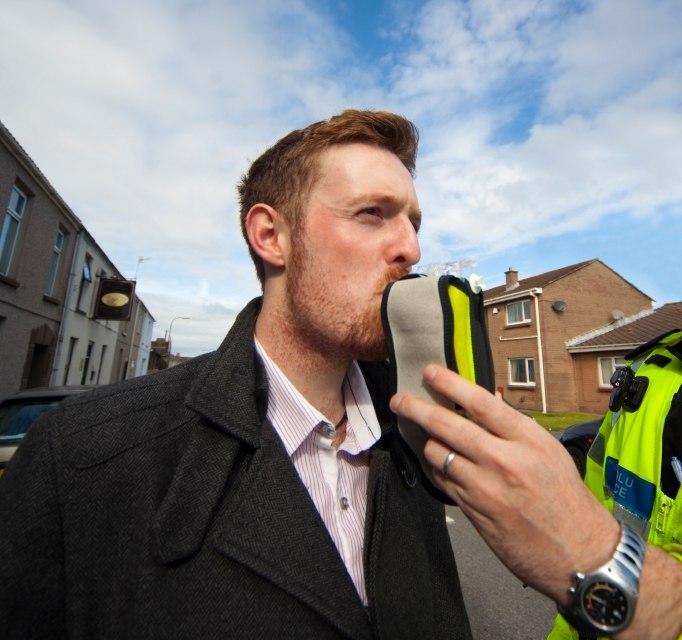True story: A North Carolina man was pulled over for suspected drunk driving. Claiming he’d had nothing at all to drink, he refused the breath test and was taken to the local ER. There, his blood alcohol level was found to be .20, and he was charged with DWI.
Surprise: he was telling the truth. Not that the officer or the doctors could have known that at the time. It was another year before anyone understood. I learned about it in a Medscape update. Here’s a helpful Wikipedia piece on what actually accounted for his elevated BAL.
Something called Auto Brewery Syndrome (ABS).
I’d heard of it, but never in the context of an actual arrest.
In this instance, a medical exam a full year later revealed the problem: two strains of yeast, commonly used in wine and beer making, were discovered in his stool. A subsequent test following a meal of carbohydrates showed that his body converted carbohydrates into enough alcohol to register on the blood test.
He was then put on a carb-free diet. Still, after just a few weeks, his symptoms began to return. The most serious ended in a fall that landed him in a neurosurgical ward. There, his BAL continued to fluctuate, often dramatically — in the complete absence of any alcohol consumption.
To make this long story short, the suspected origin of his ABS was traced to a course of antibiotics some years previously, after which he had suffered a variety of behavior changes – including depression, ‘brain fog’, and outbursts of temper – all very out of character.
Medscape reports that in the absence of established diagnostic criteria or any recognized treatment, his physicians had to develop their own. That involved a course of itraconazole, commonly used to treat yeast infections by slowing down the growth of internal fungi. Fortunately, it worked.
The medical literature contains very few cases of ABS, yet experts suspect that’s only because so few physicians who prescribe antibiotics would know how to recognize it. More case reports do emerge as word gets around. That’s true not only for the US but other nations as well.
The two physicians who worked on this case recommend that attending physicians “…be aware that mood changes, brain fog, and delirium in patients who deny alcohol ingestion may be the first symptoms of ABS.”
Those who work with DUI offenders are accustomed to the occasional client who shows up insisting he or she had consumed no alcohol whatsoever before they failed the breath test. More commonly, the offender will acknowledge some drinking, but insist they weren’t intoxicated. Counselors have learned not to bother arguing the point.
I suppose now that word is out, we’re likely to see more people argue that the failed test could have been the work of ABS. How best to respond? Perhaps suggest a visit to their physician for a complete workup, including stool testing. Warn them that if in fact it is ABS, they need medical care ASAP.













